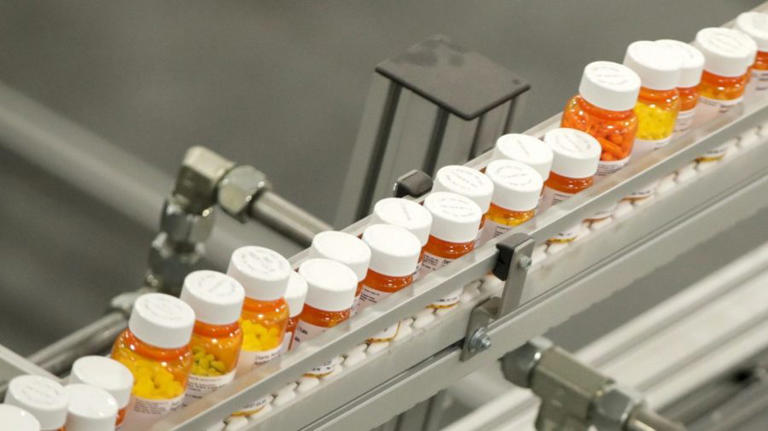Commentary by William Haseltine
America is currently facing dual public health crises of record drug shortages and skyrocketing prices. Several critical medicines are in short supply, including at least 14 essential generic cancer drugs, ADHD treatments, antibiotics, and even children’s acetaminophen. Americans also spend more on prescription drugs per capita than people in any other country. A quarter of adults surveyed in 2022 said that they or a member of their household have not filled a prescription, cut pills in half or skipped doses of medicine because of cost. This number will likely increase as the cost of living continues to rise.
The long-term solution to both these issues is to develop a robust public pharmaceutical option that produces and distributes essential medicines.
The public sector already plays a large role in the pharmaceutical industry, investing significant amounts in biomedical research through organizations like the National Institutes of Health. The development of the mRNA Covid-19 vaccines would not have been possible without three decades of investment by the U.S. government, and at least $31.9 billion was spent to develop, produce and purchase the vaccines.
The United States can draw valuable lessons from different countries with public pharmaceutical sectors. China and India both have state-owned pharmaceutical companies that produce a range of active pharmaceutical ingredients (APIs) and distribute them globally. Sweden’s public enterprise, known as APL, is one of Europe’s largest specialty pharmaceutical manufacturers. Brazil’s state-owned laboratories manufacture over 100 essential medications, offering them to low-income patients either free of charge or at minimal cost.
America is a global leader in drug discovery and development—but not manufacturing. Over time, drug production has shifted away from the United States. As of August 2019, just 28 percent of the facilities manufacturing APIs for the U.S. market were located within the country. The majority, 72 percent, were situated overseas, with 13 percent in China. The U.S. also heavily relies on API manufacturing facilities in India and China for vital components.
Building publicly owned drug manufacturing aligns with President Biden’s commitment to a new industrial policy that brings manufacturing back to the U.S. Public pharma would yield stable, high-paying jobs for domestic scientists, engineers and line workers.
States such as New York and California are well-suited to implement public pharmaceutical initiatives. These states possess sizable markets and strong research and healthcare systems, providing a solid groundwork for developing a public pharmaceutical sector. California has already taken steps to partner with drugmaker Civica to start making state-labeled generic insulin later this year, reducing the cost to no more than $30 per 10-milliliter vial and no more than $55 for a box of five pre-filled pen cartridges.
Even just public production of generic medications would positively affect public health, as well as provide economic benefits for patients and insurers alike. Currently, there are approximately 180 off-patent drugs with no generic equivalent on the market, and there are over 500 drugs with only one generic on the market. When there’s just a single generic, it is usually priced just below the brand name drug; only when the second generic is introduced do prices drop. The pharmaceutical industry is incentivized to focus on “blockbuster” drugs, neglecting research into treatments for illnesses that are less commercially appealing at the expense of public health progress.
A public pharmaceutical sector would not be bound by these same restrictions and presents several other advantages: driving down drug prices, bolstering public finances, ensuring equitable access to new medications, enhancing supply chain resilience and creating surge capacity for times of emergency. We must ensure that doctors and patients no longer face the difficult decision to delay or ration first-line treatments due to cost or shortages.
Source: thehill.com, October 20, 2023
Dr. William Haseltine is a former Harvard Medical School professor and founder of the university’s cancer and HIV/AIDS research departments. He serves as Chair and CEO of the think tank ACCESS Health International.

